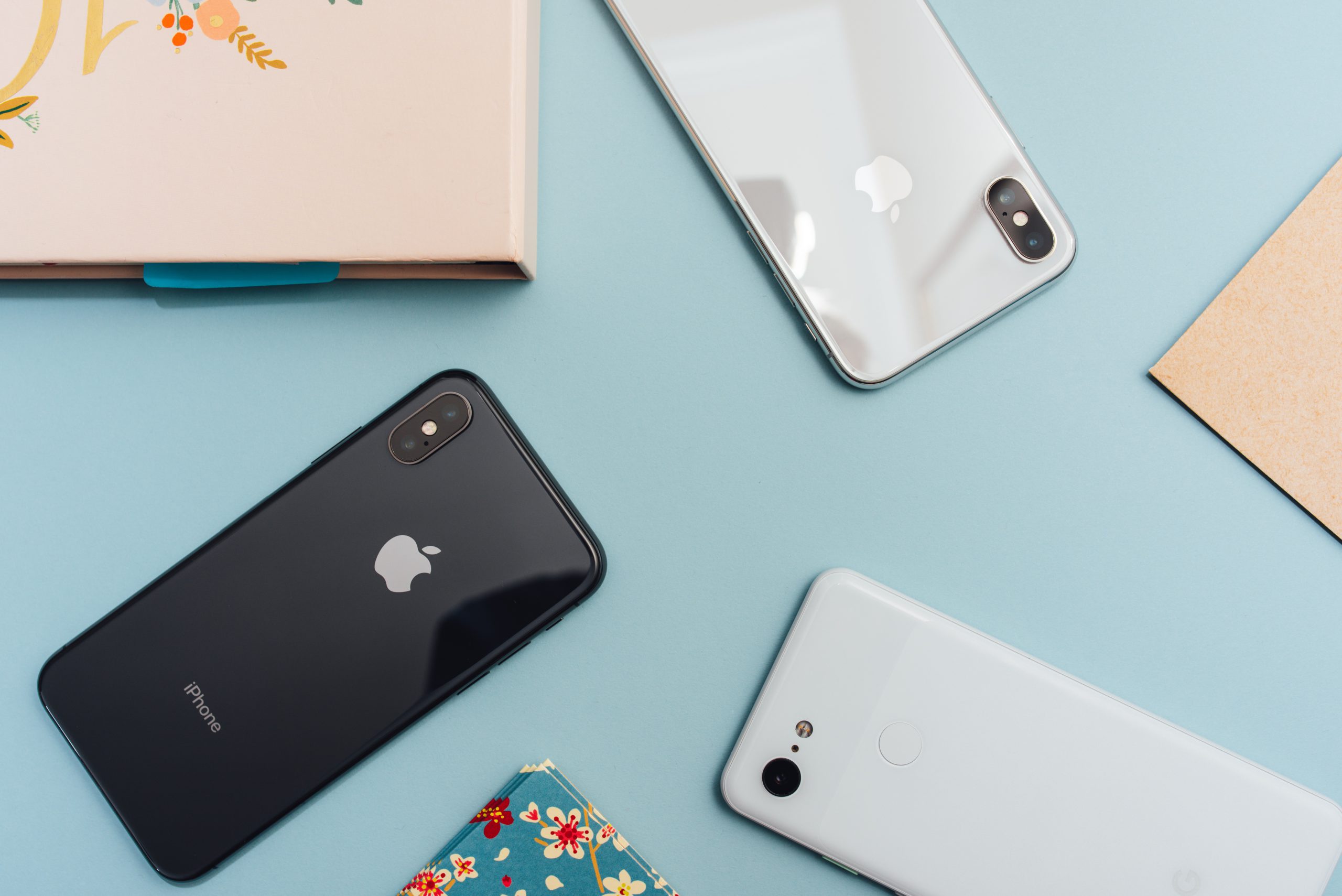Nearly 4,000 youth in care in British Columbia are getting iPhones.
The ministry’s Phones4Youth program is beginning to distribute smartphones from Telus to every B.C. youth in care aged 13 or older, regardless of their care status.
The provincial government says cell phones provide a sense of safety and security. They also help youth stay connected with school, loved ones, and eventually jobs.
But this initiative will also help youth in care be more like most other teenagers, building their self-esteem and sense of belonging.
“Youth in care told us they don’t always have access to the essential technology they need to stay connected to school and key people in their lives, like friends, family members or mentors,” said Mitzi Dean, Minister of Children and Family Development. “Access to a phone can support youth in building their self-esteem and sense of belonging, and help them to maintain important hereditary and cultural connections, as well as enhance their safety, so they can call for immediate assistance if they ever need it. As we continue to slowly emerge from the pandemic, having a phone can help to alleviate the feelings of loneliness and isolation for young people.”
“While cellphones provide a sense of safety and security, this program does more than just that. It helps bridge the divide between youth in care and most other teens,” said Taylor Maynard, a member of the provincial director of child welfare’s Youth Advisory Council. “It allows youth in care to experience what most teens enjoy nowadays – texting, Facetiming and connecting with friends. It provides a semblance of normalcy to these youth whose lives have been so different than most. The ministry focuses on the outcomes of youth in their care, and part of providing a good outcome for youth is lessening the burdens that they have to bear due to their unique circumstances. Phones4Youth is an example of lessening those burdens.”
The initial rollout will take place over the next two months and the program will be ongoing, with additional smartphones being provided when any youth in care – or under an agreement with the ministry – reaches the age of eligibility. Youth will receive an Apple iPhone with voice and five gigabytes of data, along with a phone case, screen protector and charger. Government will cover all costs.
“Youth in government care don’t always have access to many of the traditional supports their peers rely on,” said Pat Griffin, executive director, Victoria Youth Empowerment Society. “Providing this technology will not only help level the playing field, but it gives them a better chance to participate in school, in day-to-day social life that is a central feature of teen development and identity, and in the job market as they get older. This type of support is absolutely necessary, as we increasingly depend on cellphones and apps for sharing information and accessing vital services.”
Telus Wise, a free digital literacy program, will help educate youth, social workers, caregivers and care providers in the use of technology that balances the benefits and the risks that digital technologies and social media can present. Clear guidelines and ongoing support will be available so youth can be supported to learn to manage their smartphone in a responsible and safe way.
Quick Fact:
* As of August 2021, B.C. had 5,163 children and youth in government care, the lowest number in 30 years.
Learn More:
For more information on supports and services for youth transitioning from government care, visit: www.AgedOut.com (http://www.agedout.com/)
Telus Wise: https://www.telus.com/en/wise






